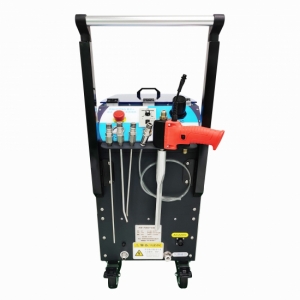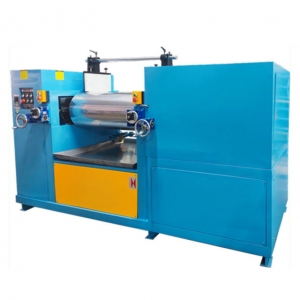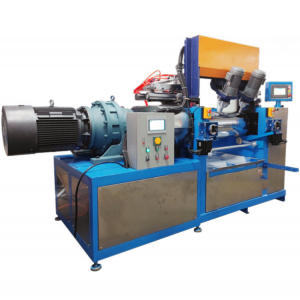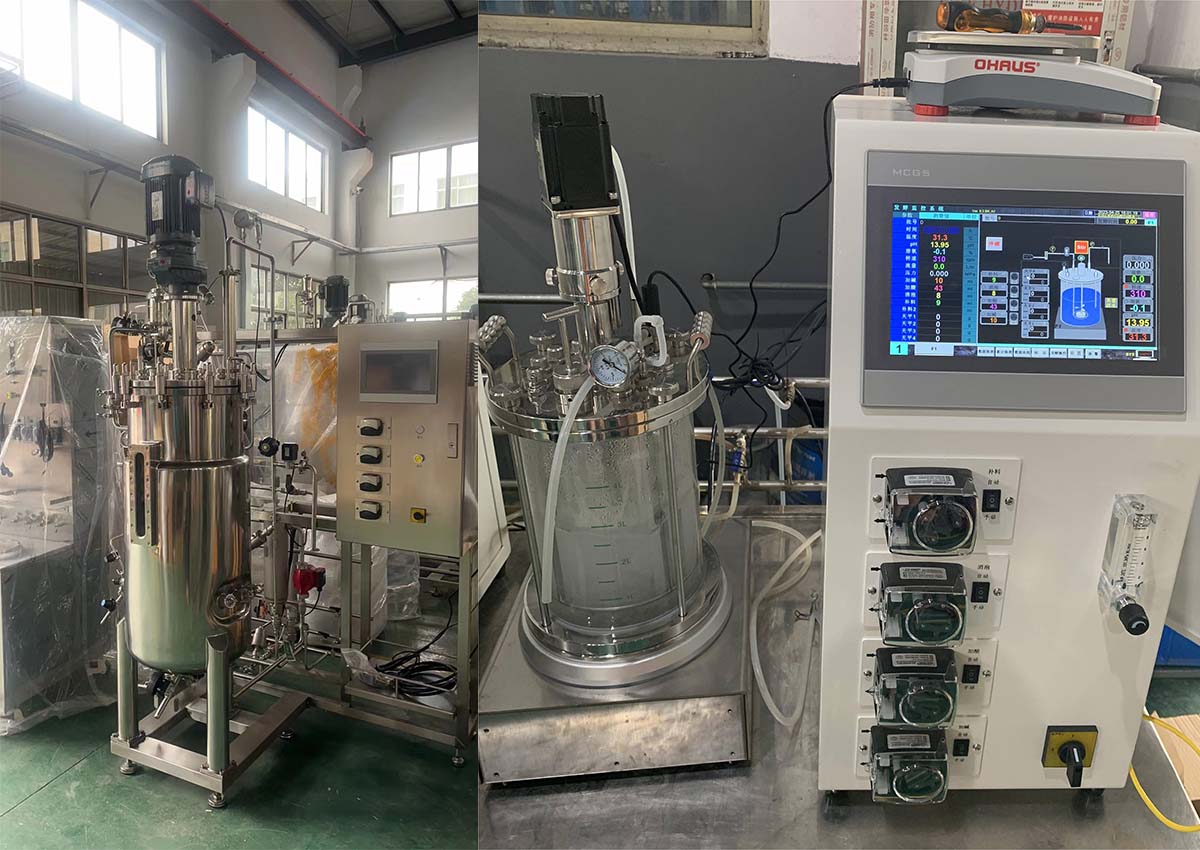In the food, pharmaceutical and chemical industries, drying technology is crucial, not only to remove moisture, but also to ensure the quality and shelf life of the product. Today, let's explore two common drying equipment - freeze dryers and spray dryers, and understand the main differences between them.
What is a freeze dryer?
A freeze dryer, also known as a lyophilizer, works by freezing the material to extremely low temperatures and then sublimating the water in a vacuum. This process allows the water to directly change from a solid state (ice) to a gaseous state (steam), eliminating the liquid process. This method is ideal for heat-sensitive materials, such as medicines and certain foods, and can effectively preserve their nutrients and appearance.
What is a spray dryer?
A spray dryer sprays liquid materials into fine droplets, and then quickly evaporates the water through hot air to form a dry powder. This method is very fast and suitable for large-scale production, such as milk powder, condiments and instant coffee.
Main differences
Working principle:
Freeze dryer: The material is first frozen, and then the water is sublimated in a vacuum environment.
Spray dryer: After the liquid is sprayed, it comes into contact with hot air to quickly evaporate the water.
Applicable materials:
Freeze dryer: Suitable for temperature-sensitive products such as fruits, medicines and nutritional supplements.
Spray dryer: Suitable for liquids, suspensions and emulsions such as milk, juice and sauces.
Product features:
Freeze dryer: The product is light and fluffy, retaining the original nutrition and flavor.
Spray dryer: The powder produced is usually small in particle size and has good fluidity, suitable for rapid dissolution.
Economic efficiency:
Freeze dryer: The equipment investment and operating costs are high, suitable for small-scale production with high quality requirements.
Spray dryer: The initial investment is low, suitable for large-scale production, and can effectively reduce production costs.
Summary
Freeze dryers and spray dryers each have their own advantages and are suitable for different materials and production needs. When choosing the right drying equipment, companies need to make wise decisions based on product characteristics, production scale and economic efficiency. I hope that through this article, you can have a deeper understanding of these two drying technologies and help you make better choices in practical applications!
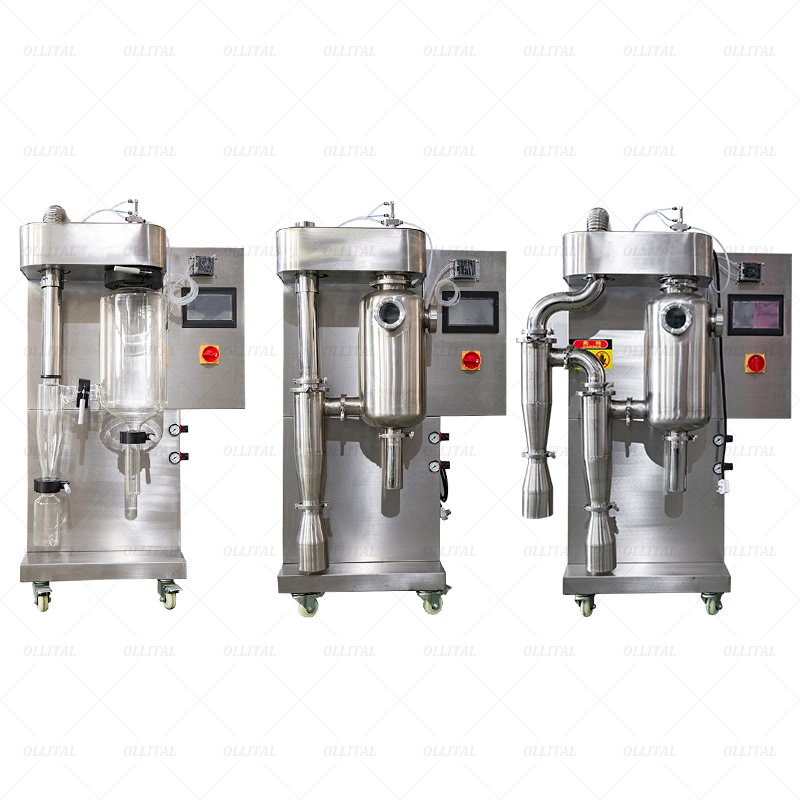
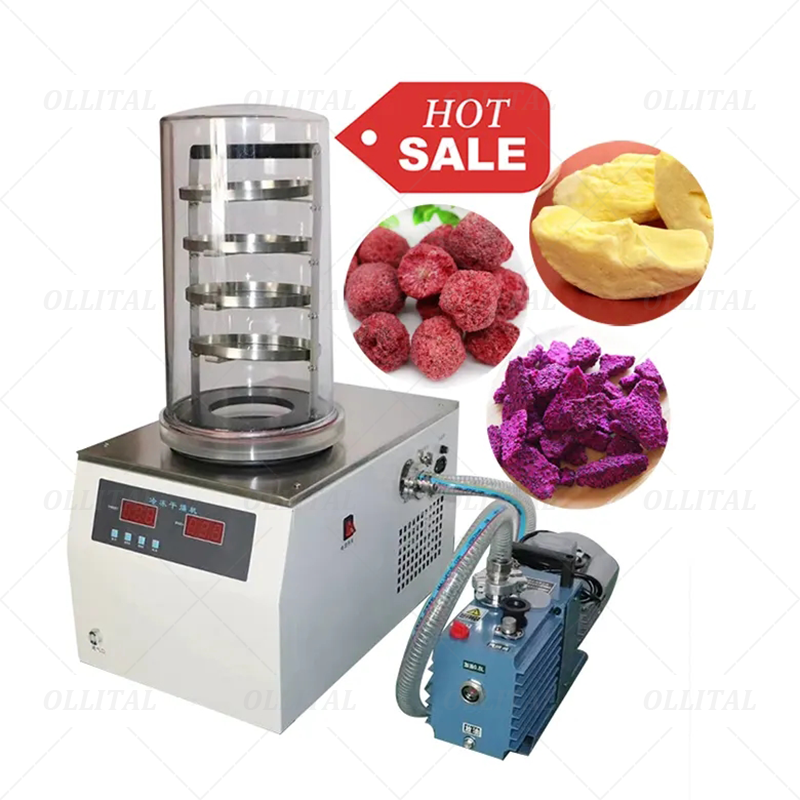
 +86 18030169616
+86 18030169616 allen@crtopmachine.com
allen@crtopmachine.com
